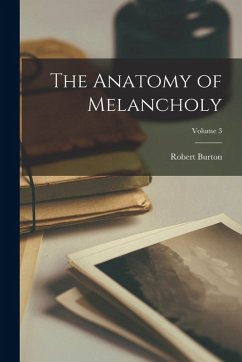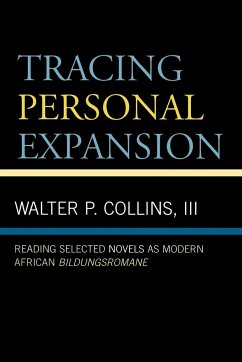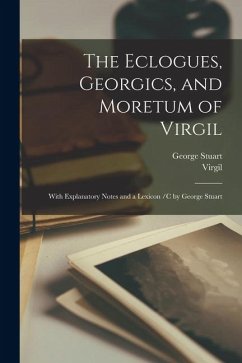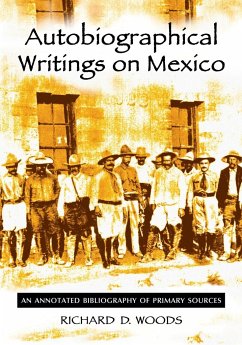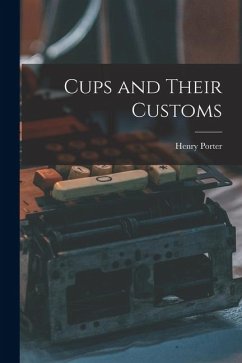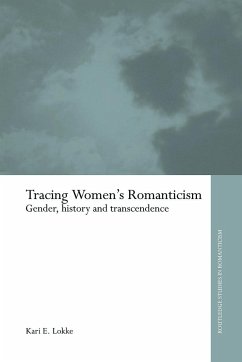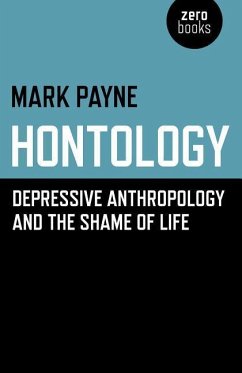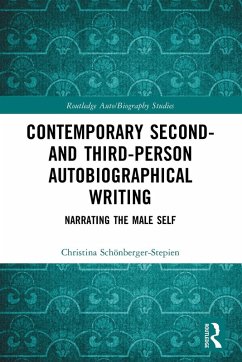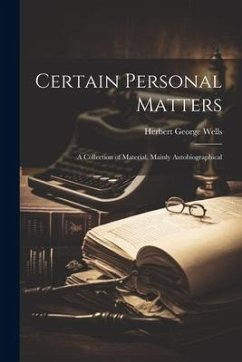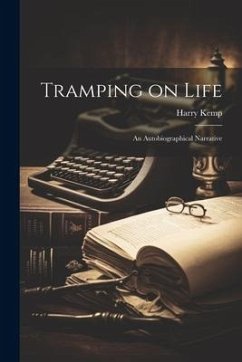Nicht lieferbar
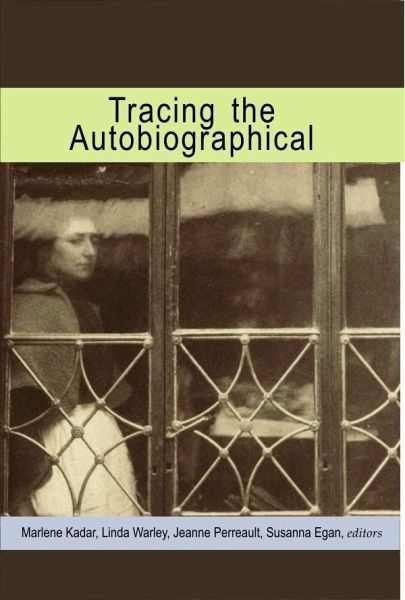
Tracing the Autobiographical
Versandkostenfrei!
Nicht lieferbar
The essays in Tracing the Autobiographical work with the literatures of several nations to reveal the intersections of broad agendas (for example, national ones) with the personal, the private, and the individual. Attending to ethics, exile, tyranny, and hope, the contributors listen for echoes and murmurs as well as authoritative declarations. They also watch for the appearance of auto/biography in unexpected places, tracing patterns from materials that have been left behind. Many of the essays return to the question of text or traces of text, demonstrating that the language of autobiography,...
The essays in Tracing the Autobiographical work with the literatures of several nations to reveal the intersections of broad agendas (for example, national ones) with the personal, the private, and the individual. Attending to ethics, exile, tyranny, and hope, the contributors listen for echoes and murmurs as well as authoritative declarations. They also watch for the appearance of auto/biography in unexpected places, tracing patterns from materials that have been left behind. Many of the essays return to the question of text or traces of text, demonstrating that the language of autobiography, as well as the textualized identities of individual persons, can be traced in multiple media and sometimes unlikely documents, each of which requires close textual examination. These ""unlikely documents"" include a deportation list, an art exhibit, reality TV, Web sites and chat rooms, architectural spaces, and government memos, as well as the more familiar literary genres - a play, the long poem, or the short story. Interdisciplinary in scope and contemporary in outlook, Tracing the Autobiographical is a welcome addition to autobiography scholarship, focusing on non-traditional genres and on the importance of location and place in life writing. Read the chapter ""Gender, Nation, and Self-Narration: Three Generations of Dayan Women in Palestine/Israel"" by Bina Freiwald on the Concordia University Library Spectrum Research Repository website.




